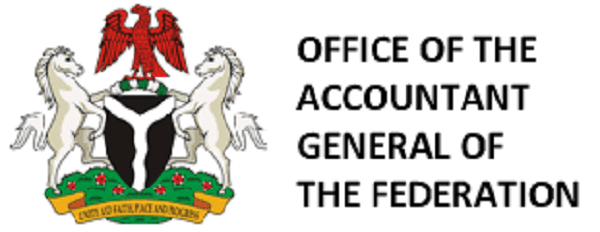An audit report conducted by the Office of the Auditor-General of the Federation (OAuGF) has revealed a concerning discrepancy in Nigeria’s Foreign Reserves, amounting to $4.5 billion between 2018 and 2019.
The report, which meticulously scrutinizes the expenditures and financial activities of government ministries, departments, and agencies, has raised significant alarms over the missing funds.
According to the detailed findings of the audit, Nigeria’s Foreign Reserves, which were recorded at US$42,594,842,852.75 in December 2018, drastically declined to US$38,092,720,200.72 by 2019.
This notable decrease left a considerable discrepancy of US$4,502,122,652.03 unaccounted for within the specified timeframe.
Shaakaa Chira, the Auditor-General of the Federation, highlighted potential weaknesses within the internal control system at the Central Bank of Nigeria (CBN), particularly emphasizing the institution’s inability to effectively manage economic variables that could negatively impact the reserve.
In addition to the $4.5 billion discrepancy, the audit report also shed light on an additional ‘unsubstantiated’ decline of over $8 billion in foreign reserves between 2019 and 2020.
Chira underscored the necessity for the CBN to provide detailed clarification and accountability concerning these fluctuations, given their significant implications for the nation’s financial stability.
Commenting on the potential consequences of the unaccounted funds, Emmanuel Yoko, Director at the Nigerian College of Accountancy, expressed grave concerns.
He remarked that the missing funds would have likely compelled the government to resort to increased debt collection to meet essential expenditures, thereby exacerbating the nation’s debt burden and its attendant complexities.
In response to the audit findings, the CBN issued a statement acknowledging the concerns raised and outlined ongoing efforts to address the situation. The bank highlighted its active engagement with the federal government in various initiatives aimed at bolstering the nation’s reserves. Notably, one such initiative mentioned was the Presidential Artisanal Gold Mining Initiative (PAGMI), designed to strengthen reserves through local currency purchases of gold.
Lukman Rahim, an Associate Chartered Accountant and lecturer at the University of Jos, expressed apprehension over the erosion of public trust and the potential adverse effects on economic stability.
He emphasized that the depreciation of the national currency, coupled with rising inflation rates, directly impacts citizens’ purchasing power, making it increasingly challenging for families to meet their basic needs.





